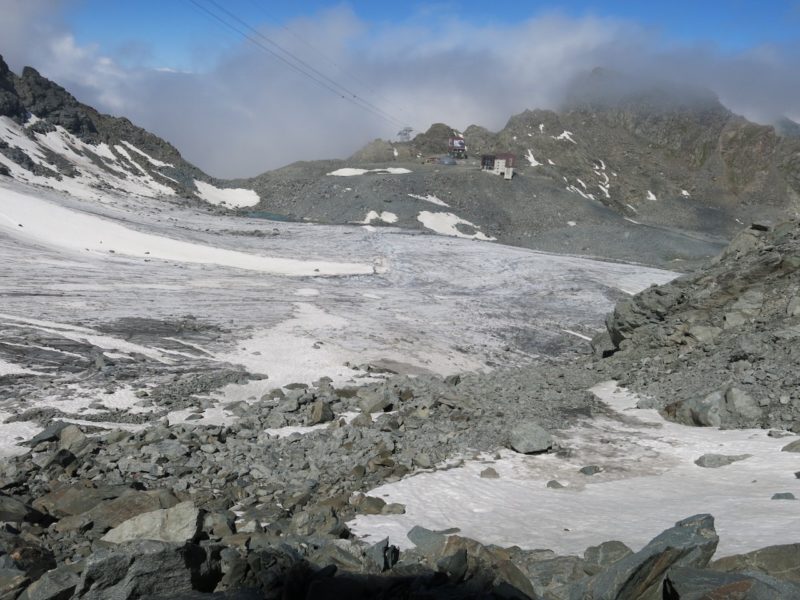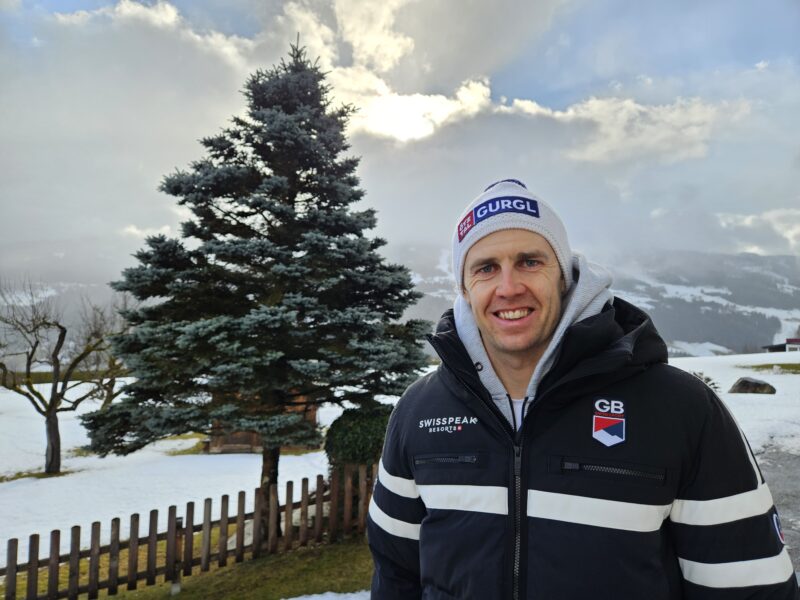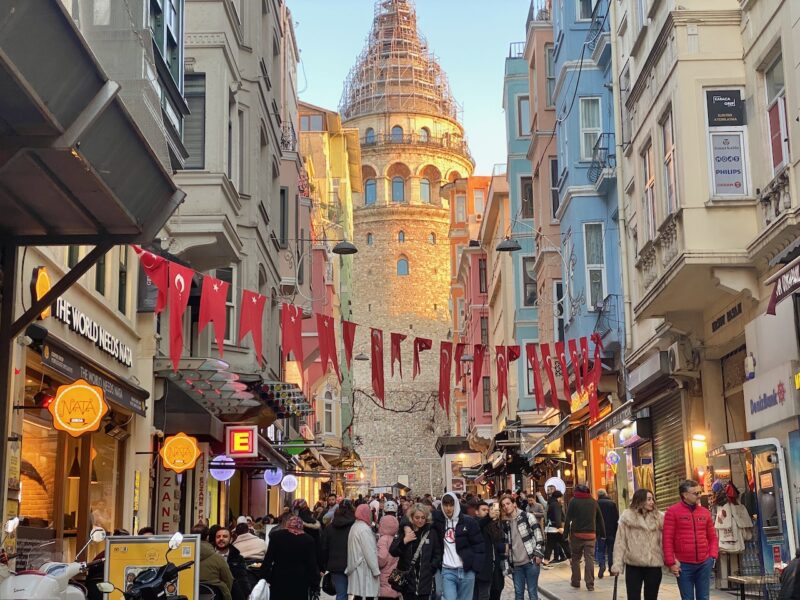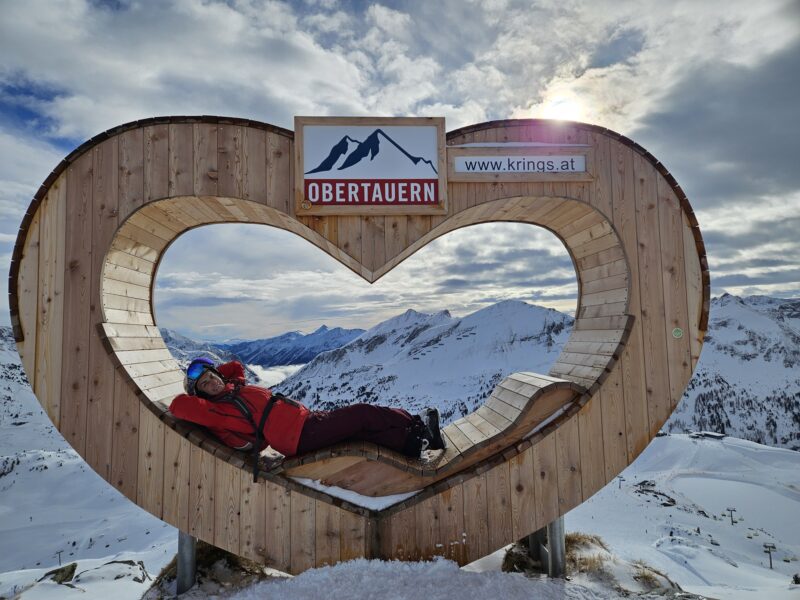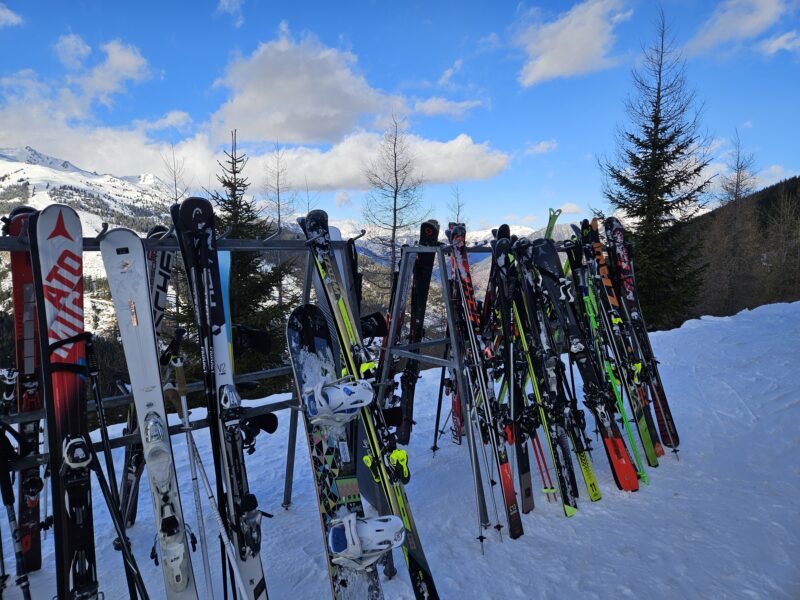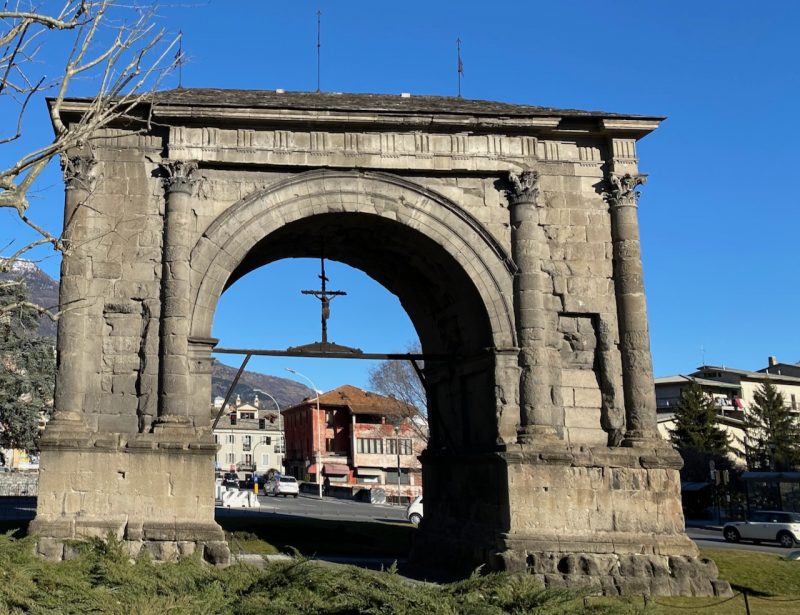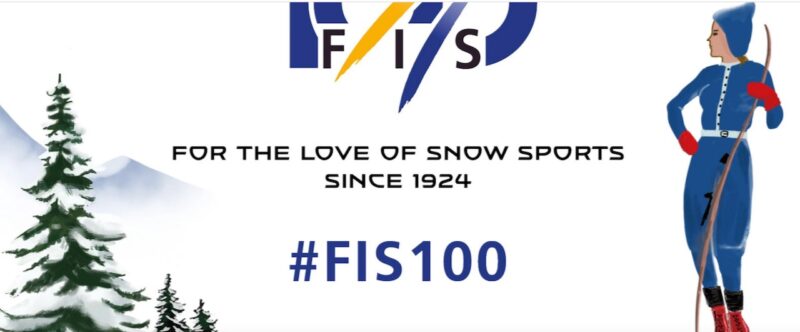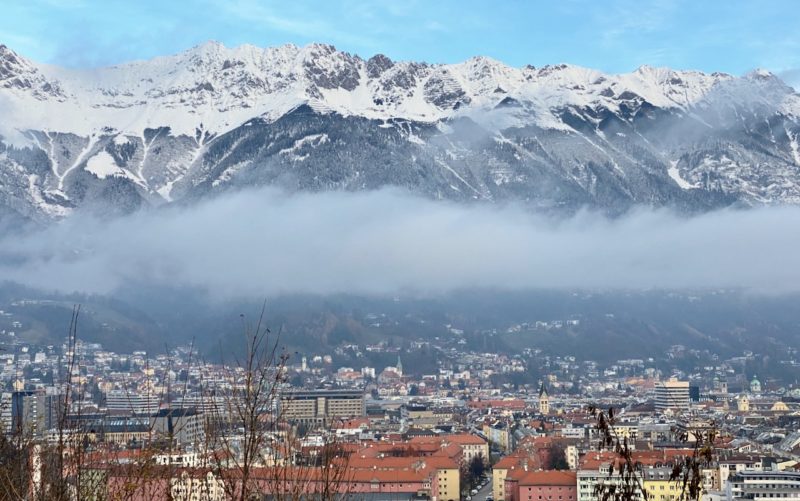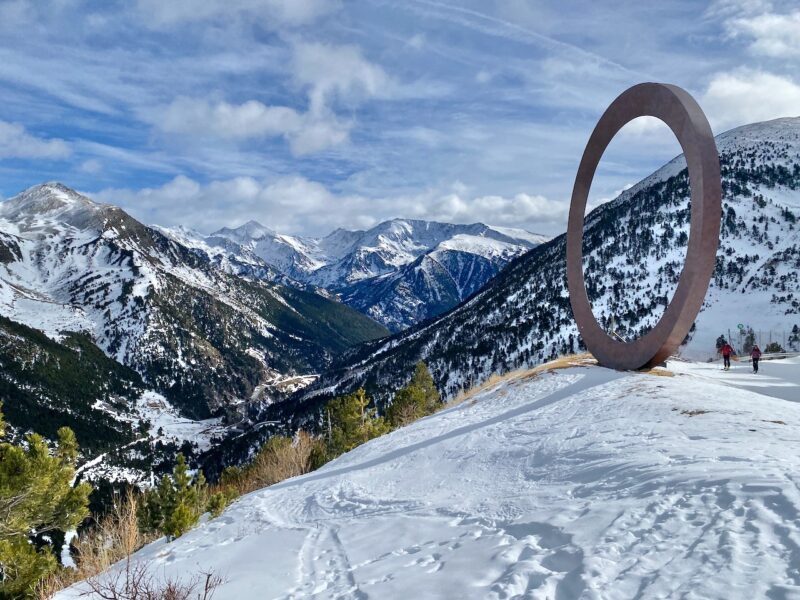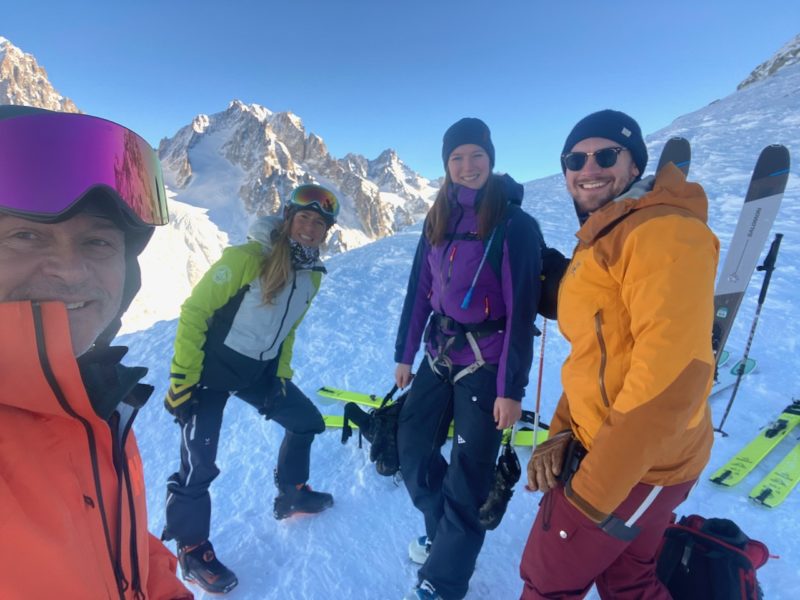Switzerland Tightens Restrictions as Covid-19 Continues to Rise
10th September 2021
Last modified on September 13th, 2021
As many countries are easing restrictions Switzerland is tightening its rules and they will last into the ski season. There are fears that hospitals might be over-stretched, with some beginning to worry about what the winter may bring. UPDATED
The Swiss government has decided to extend the use of the Covid certificates to indoor public spaces such as restaurants, culture events and leisure activities.
The new requirement came into force on Monday 13th September and will last well into the next ski season.
It will continue until the end of January 2022 at the earliest and will apply to restaurants, apres ski bars, nightclubs and all public spaces in ski resorts.
It will not apply to sitting outside on the terrace of a mountain restaurant, or having a drink in an outdoor space.
There will be fines for people not complying and event organisers.
The authorities will be able to close of establishments that refuse to implement the requirements.

New rules in Switzerland
It is also considering the introduction of checks for people entering Switzerland and the recognition of Covid certificates for people vaccinated abroad.
Here on PlanetSKI we reported on the growing number of cases last month:
- Covid cases continue to rise sharply in Switzerland
- Hospitals in Switzerland could be over-run in a matter of weeks
In a surprising move the UK government placed Switzerland on its green list, even though cases were growing.
Switzerland has the highest level of cases of any alpine or ski nation in Europe.
It has 218 confirmed cases per 100,000 of population over a 7-day period.
A month ago it was just 66.
Switzerland has one of the the highest rates in Europe, but is less than the UK that has 401.
Of the other alpine nations France is at 131, Austria 119 and Italy 65.
The Swiss government says “the situation in the hospitals is serious”.
Switzerland has the most patients in Intensive Care Units of any European country on a per capita basis.
87% of ICU beds are full.
The graph below comes from the web site Swiss Info with data from the Swiss Federal Office for Public Health.

Hospitalisations in Switzerland. Image c/o Swiss Info
More than 90% of those in hospital have not been vaccinated.
Only 52% of the population have been double jabbed.
Switzerland has shown a slower take up of vaccinations than many other European nations.
The Interior Minister, Alain Berset, said the certificate was the best way to help reduce infections.
“It allows us to lead an almost ‘normal’ life under the circumstances,” he said.
“It protects our freedom because the other option is only another lockdown.”
Most of the political parties and the Swiss Business Federation have backed the new measures.
The restaurant and hospitality sector has voiced criticism.
Gastrosuisse, an association of the restaurant and hotel industry, said “this decision is disproportionate and leads to a flagrant inequality of treatment”.
Its president, Casimir Platzer, said that he is not vaccinated ‘for personal reasons’.
The Federal government has also indicated it will tighten entry rules into Switzerland to prevent further spread of the virus.
The exact nature of the changes is not yet clear, but quarantine may be required for all peope arriving unvaccinated.
Last Wednesday evening more than 1,000 people demonstrated in the capital, Bern, against extending the use of the Covid certificate.
More than 10,500 people have died in connection with Covid-19 in Switzerland, which has a population of 8.6 million.
Last winter it controversially kept its ski resorts open.
At the end of the season PlanetSKI reporter, Mark Urban, travelled to Switzerland to report on the situation and look back on the Swiss decision.

Mark Urban, PlanetSKI, Switzerland
Related stories:
Switzerland under pressure to increase Covid-19 measures and shut ski resorts
UK residents in quarantine in Switzerland allowed to leave
Verbier opens as Covid-19 surges in Switzerland

Skiing in Switzerland. Image © PlanetSKI
